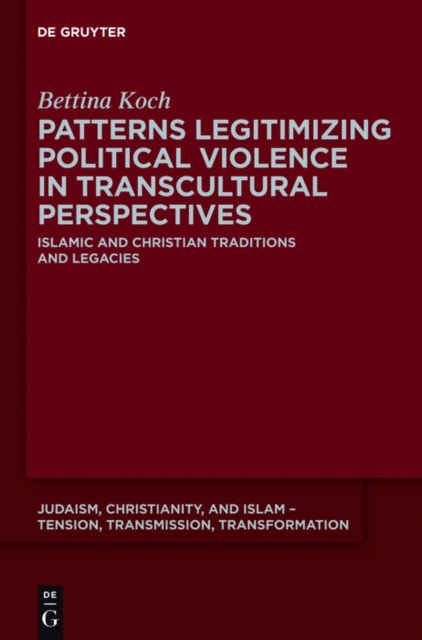
Patterns Legitimizing Political Violence in Transcultural Perspectives : Islamic and Christian Traditions and Legacies PDF
by Bettina Koch
Part of the Judaism, Christianity, and Islam - Tension, Transmission, Transformation series
Description
This volume explores theoretical discourses in which religion is used to legitimize political violence. It examines the ways in which Christianity and Islam are utilized for political ends, in particular how violence is used (or abused) as an expedient to justify political action. This research focuses on premodern as well as contemporary discourses in the Middle East and Latin America, identifying patterns frequently used to justify the deployment of violence in both hegemonic and anti-hegemonic discourses. In addition, it explores how premodern arguments and authorities are utilized and transformed in order to legitimize contemporary violence as well as the ways in which the use of religion as a means to justify violence alters the nature of conflicts that are not otherwise explicitly religious. It argues that most past and present conflicts, even if the discourses about them are conducted in religious terms, have origins other than religion and/or blend religion with other causes, namely socio-economic and political injustice and inequality. Understanding the use and abuse of religion to justify violence is a prerequisite to discerning the nature of a conflict and might thus contribute to conflict resolution.
Information
-
Download - Immediately Available
- Format:PDF
- Pages:261 pages
- Publisher:De Gruyter
- Publication Date:19/05/2015
- Category:
- ISBN:9781614513940
Other Formats
- Hardback from £109.00
- Paperback / softback from £22.15
- EPUB from £85.88
Information
-
Download - Immediately Available
- Format:PDF
- Pages:261 pages
- Publisher:De Gruyter
- Publication Date:19/05/2015
- Category:
- ISBN:9781614513940






